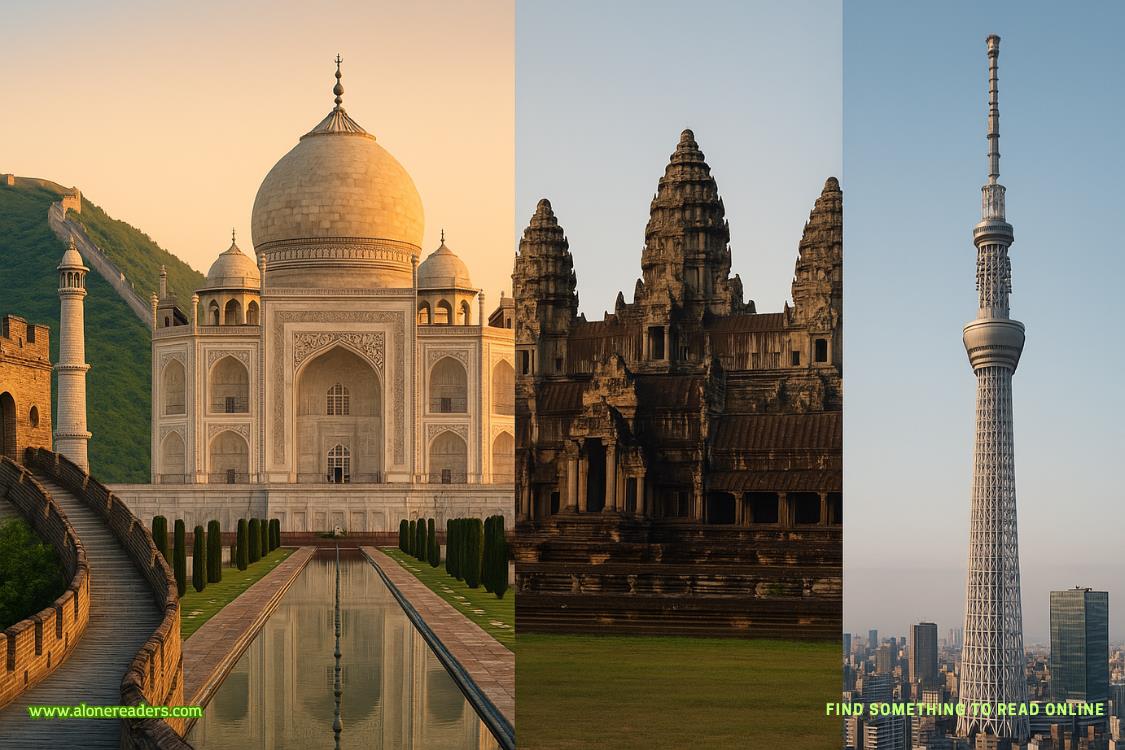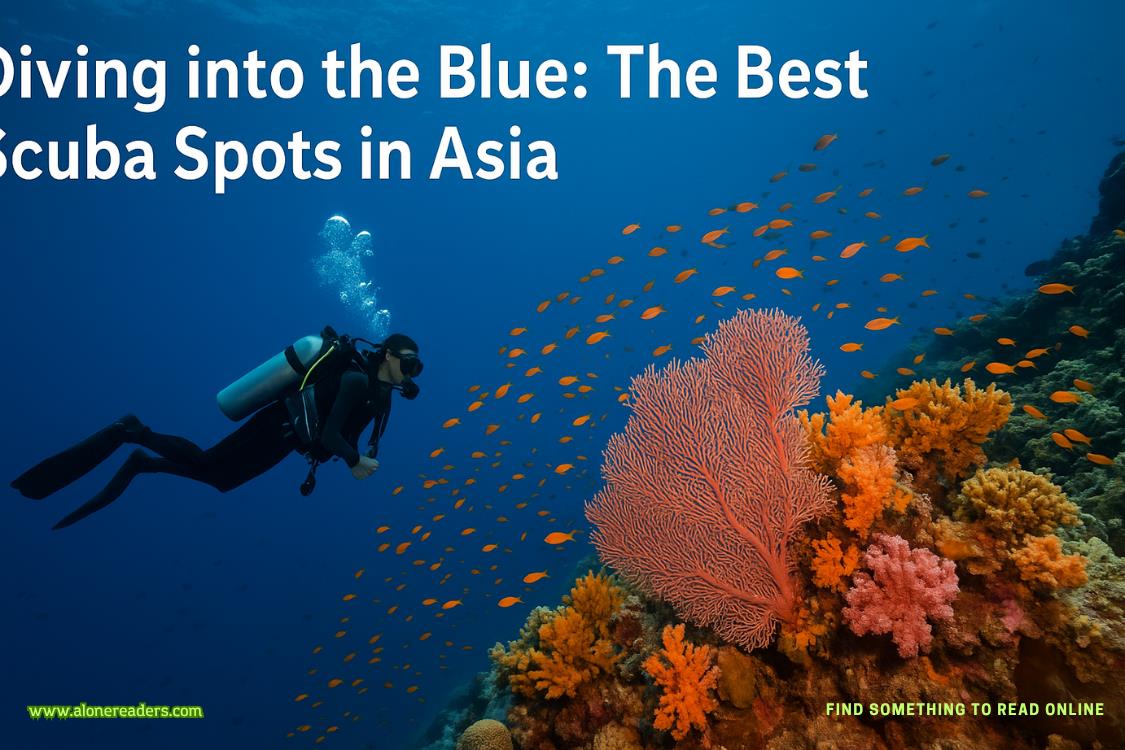“That’s—really generous!” I hedge, unsure how to tell Montana that I prefer to avoid the celebrity circuit without telling her why. “But—what do you do? Travel content, right?”
As we walk to our last stop, Montana tells me about getting paid in sponsorships to eat crab legs in Bali and make out with scuba instructors on international waters. She’s deeply cool, and she thinks I’m cool. I hold my chin a little higher, like I did yesterday when I heard there was a keg I could change.
Afternoon light spreads like caramel down Boulevard Saint-Germain, burnishing the flowers that drip from silk café canopies. At the head of the group, Kit and Maxine glide in step under a brown sugar sun. He plucks down a blossom and tucks it into the side pocket of her bag, a secret to find later. This is part of peacefully coexisting with your ex, I guess: watching them move on with someone else. Watching them find love in the city that was too much for you.
I may not be in love in Paris, but I’m not backstory either. I can tell the difference between an Austrian Riesling and an Australian Riesling by smell alone. I bought a bus that didn’t run and turned it into a bar. I make the best Bloody Mary in California, excluding one guy with an ankle monitor.
Paris can’t make me feel small, and neither can Kit. Not again.
Dinner is a traditional seven-course affair in a basement brasserie near the Eiffel Tower, secreted away from tourists. The whole thing is leather and velvet and aged wood, dusty chandelier light glinting off oil paintings and yellowed photographs in baroque frames, heavy air simmering with butter and marjoram. The kind of place where Tony Bourdain would camp out with a bottle of Burgundy and a pack of Reds. I wasn’t sure I’d ever eat again after all that pastry, but suddenly I’m starving.
In the back, tables have been pushed into two long fifteen-tops for us. Maxine has joined us at Fabrizio’s insistence, and by some cruel whim of the pastry gods, she’s squeezed in next to me. Kit takes a chair several seats down and across and is immediately enveloped into conversation with Ginger Calum.
When your parents are director-producers and your godfather is Russell Crowe, it’s rare to meet someone who intimidates you. Maxine, though—Maxine, with her orchid-and-moss perfume and permanently unimpressed expression—is intimidating. We’re sitting hip to hip, but she doesn’t seem aware of me at all. She’s scrutinizing her hair in the back of her soup spoon.
Thankfully, I grew up with Sloane Flowerday. My little sister was twelve the first time she sent script notes so harsh the screenwriter left LA altogether. I can handle an ice queen with an expensive manicure.
“Hi,” I say to Maxine. “I’m Theo.”
“Yes, I know,” she says, turning to me at last. Her tone gives nothing away.
“Right. I heard you and Kit went to pastry school together.”
“We did.”
“That’s so cool,” I say. “How did you meet?”
“Introduction to Dacquoise.”
She’s giving me nothing. I prop my elbow on the table and lean my chin against my fist.
“Dacquoise . . . the one with the layers of hazelnut and almond meringue, right?”
Maxine lifts her chin. Packed in like this, her face is inches from mine. She really is pretty in a Shirley Jackson sort of way, like she lives in a haunted mirror. If she didn’t belong to Kit, I’d be making a move to smear her perfect mauve lipstick, but it’ll be enough to get her to like me.
“You were paying attention.”
“You’re a great teacher.”
She takes a long look at me, like I’ve earned a proper assessment. Then she nods once, as if satisfied, and says, “Now I understand.”
Before I can askwhat,the waiters arrive with our first course, and the tables explode with oohs of delighted surprise. A silver tray appears between us: burgundy snails the size of plums, overflowing with garlicky green parsley butter. Two more waiters bring the wine pairing, and I clock the label—champagne, Ulysse Collin, Les Maillons. A low whistle escapes my lips.
“Hm?” Maxine inquires as she picks up a snail with a tiny set of tongs.
“That’s a three-hundred-fifty-dollar starter wine.”
Course after course spills from the kitchen, followed always by new wines. After we’ve loosened the snails from their shells and sopped up the buttery persillade, out come platters of roasted sea bream with beurre blanc sauce and charred lemons. A straw-colored Muscadet splashes into my glass, followed by a Châteauneuf-du-Pape to go with the coq au vin.
At the end of the table, Kit is the prince of dinner. He laughs as Ginger Calum does his best impression of the bream’s googly eyes and makes sure the Swedes try the brandy-glazed carrots. He switches effortlessly to French for the waitress and leans in smiling when she whispers her answer in his ear. He loosens the buttons of his shirt. Fabrizio starts affectionately addressing him as “Professore” and begs him to explain the physics of a domed mousse we tasted earlier. He pulls out a pocket sketch pad todraw a diagram.
I drain my glass and turn to Maxine.
“Your accent—is it Canadian?”
“Montreal, originally,” she says. “I grew up speaking English and French.”
“Oh, like Kit. The bilingual part, not the Canadian part.”















